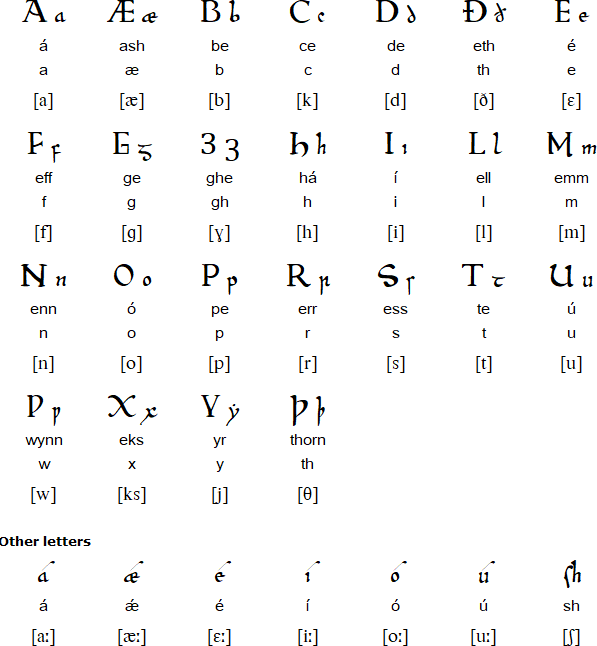by Constance Prongthorn. Monday 1st April 2019
The Isle of Wight lies off the south coast of England. It is the largest island in England, and has been inhabitated since about the Stone Age. Over the years it has been home to a variety of people, including ancient Britons, Celts, Romans, Jutes, Saxons, Viking and Normans. It was even an independent kingdom for a while between 530-661 AD ruled by the Jutes.
Recently linguists from Ventnor University discovered inscriptions and manuscripts in a long-forgotten language on the island. At first they thought it was a form of Old English, but when they studied it more closely, they concluded that it was a separate language that developed from Jutish, and which was influenced by Saxon, Old Norse and Norman.
The newly discovered language have been named Vectian after the Latin name for the Island Vectis or Vecta. Nobody speaks this language, but echoes of it remain in the local dialect, particularly in pronunciation and some vocabulary.
A number of Isle of Wight residents are interested in trying to reconstruct and revive this language, and are working on a dictionary and grammar. These are difficult tasks as so little of the language remains.
Here is a reconstructed alphabet for Vectian:

Download an alphabet chart for Vectian (Excel)
Information about the Isle of Wight
https://en.wikipedia.org/wiki/Isle_of_Wight
https://en.wikipedia.org/wiki/History_of_the_Isle_of_Wight
Writing systems | Language and languages | Language learning | Pronunciation | Learning vocabulary | Language acquisition | Motivation and reasons to learn languages | Arabic | Basque | Celtic languages | Chinese | English | Esperanto | French | German | Greek | Hebrew | Indonesian | Italian | Japanese | Korean | Latin | Portuguese | Russian | Sign Languages | Spanish | Swedish | Other languages | Minority and endangered languages | Constructed languages (conlangs) | Reviews of language courses and books | Language learning apps | Teaching languages | Languages and careers | Being and becoming bilingual | Language and culture | Language development and disorders | Translation and interpreting | Multilingual websites, databases and coding | History | Travel | Food | Other topics | Spoof articles | How to submit an article
[top]
You can support this site by Buying Me A Coffee, and if you like what you see on this page, you can use the buttons below to share it with people you know.

If you like this site and find it useful, you can support it by making a donation via PayPal or Patreon, or by contributing in other ways. Omniglot is how I make my living.
Note: all links on this site to Amazon.com, Amazon.co.uk
and Amazon.fr
are affiliate links. This means I earn a commission if you click on any of them and buy something. So by clicking on these links you can help to support this site.
[top]